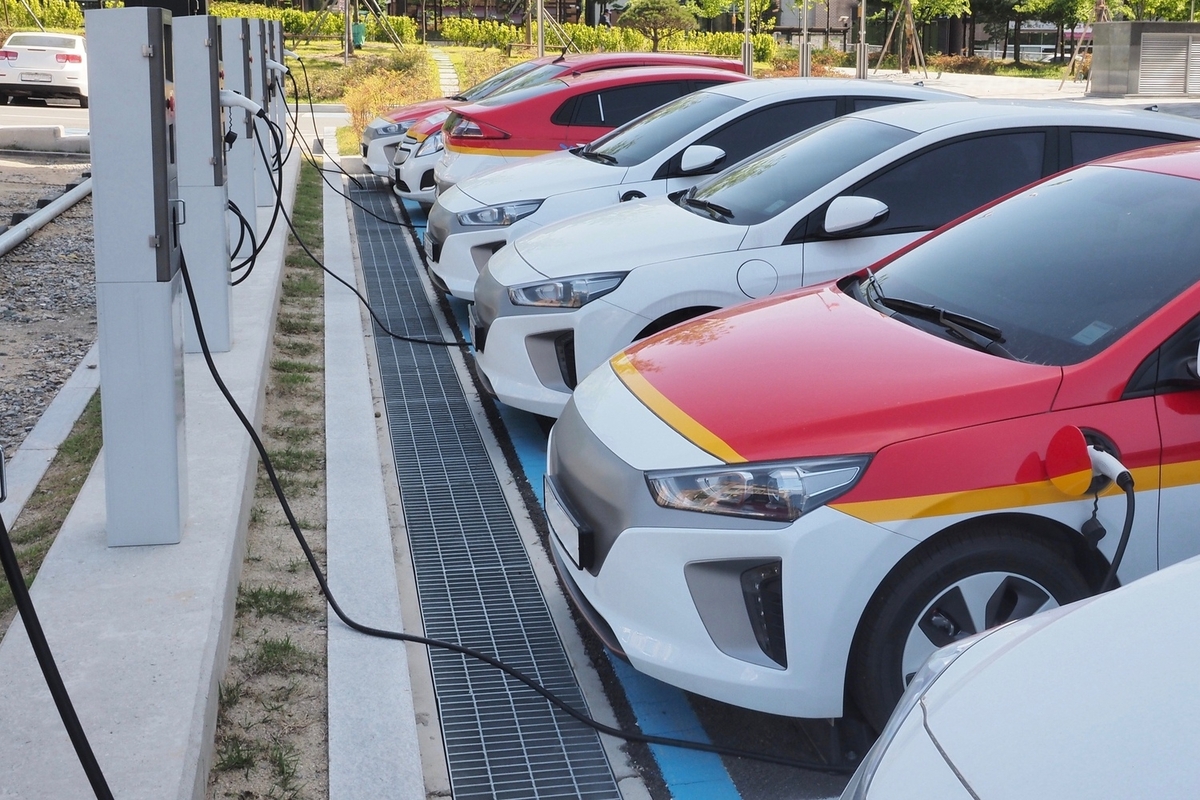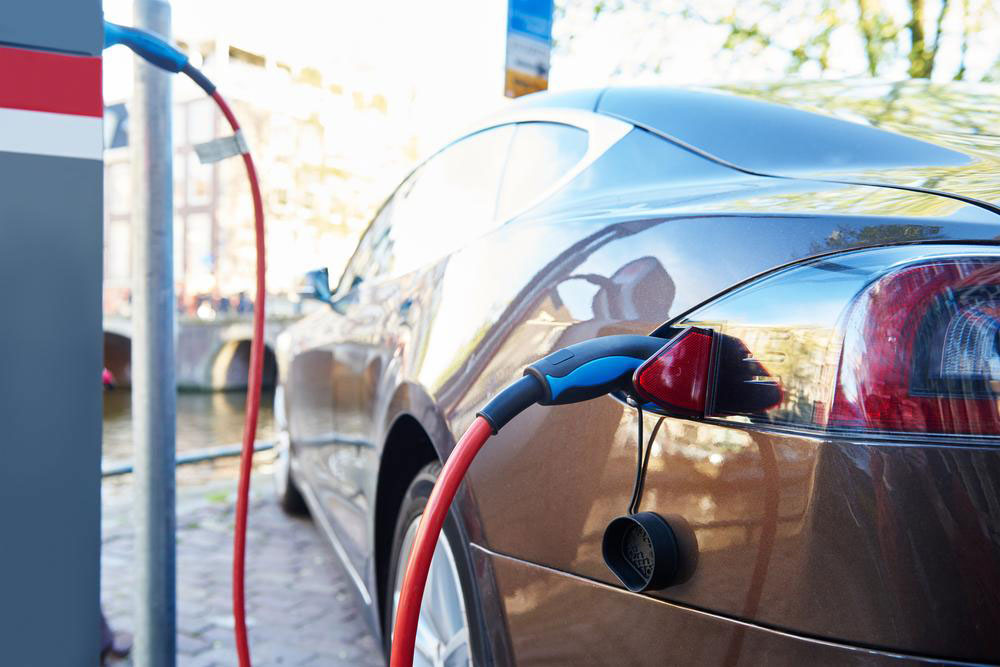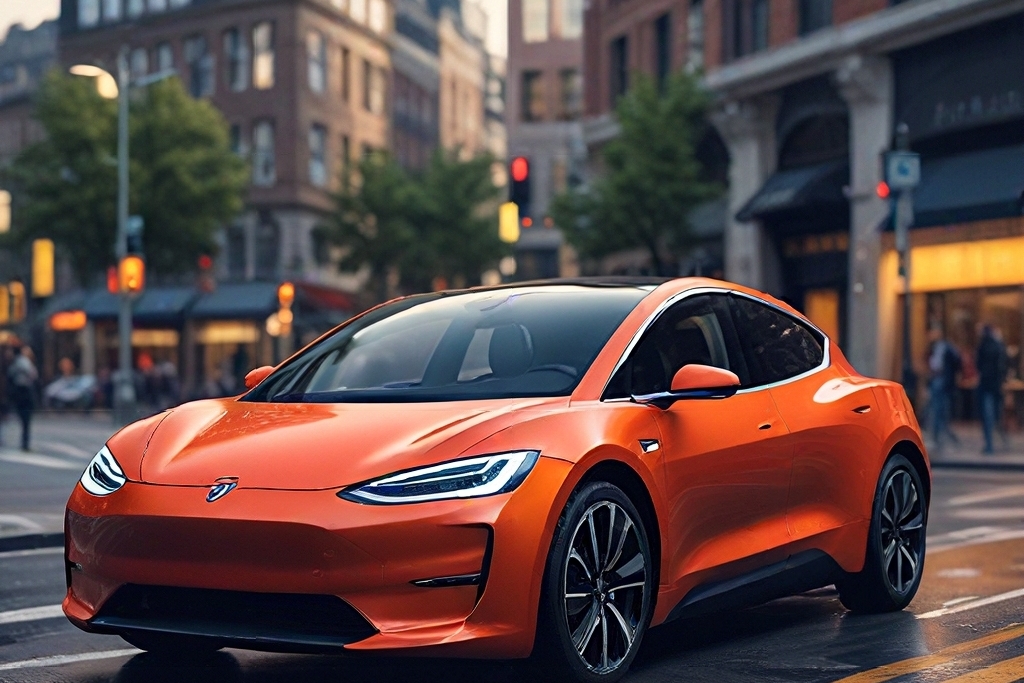Comprehensive Guide to the True Costs of Electric Vehicle Ownership
This comprehensive guide covers the total expenses of owning an electric vehicle, including purchase costs, charging fees, maintenance, insurance, and long-term savings. It provides valuable insights to help consumers make informed decisions about transitioning to EVs by analyzing upfront costs, ongoing expenses, and potential financial benefits over time. Whether you're considering your first EV or evaluating your current ownership, understanding these factors is essential for making smart, cost-effective mobility choices.

Comprehensive Guide to the True Costs of Electric Vehicle Ownership
In recent years, the automotive industry has experienced a significant transformation with the rise of electric vehicles (EVs). As concerns about climate change, rising fuel prices, and technological advancements heighten interest, more consumers are contemplating transitioning from traditional gasoline-powered cars to electric models. While EVs are celebrated for their eco-friendliness, quieter operation, and lower maintenance requirements, understanding the complete financial picture is essential for making an informed decision. This comprehensive guide delves into the various costs associated with owning an electric vehicle, including upfront expenses, ongoing charging costs, maintenance, insurance, and the long-term financial benefits that can influence your decision to go electric.
1. The Initial Investment: Purchase Price and Incentives
One of the most apparent differences between electric vehicles and traditional gasoline cars is the initial purchase price. Despite decreasing costs due to technological advancements and increased production, EVs still tend to be more expensive upfront. On average, the cost difference ranges from $4,000 to $15,000 depending on the model, battery capacity, and features. This higher initial expense can pose a barrier to many potential buyers, but numerous government incentives and incentives can help offset this initial cost. For instance, in the United States, federal tax credits for EVs can offer rebates ranging from $2,500 to $7,500, depending on the make, model, and battery size. Additionally, various states and local governments provide their own incentives, grants, and rebates designed to reduce the purchase burden for consumers interested in adopting electric vehicles.
To better understand and compare costs, the following table presents an approximate overview of the average prices of electric and combustion engine vehicles, taking into account incentives available in the USA:
Electric Vehicle (EV): $30,000 – $60,000 (after incentives)
Traditional Gasoline Vehicle: $20,000 – $40,000
Note: Actual prices vary depending on make, model, location, and additional features.
2. Charging Expenses: Cost of Refueling an EV
One of the most attractive aspects of EV ownership is the significantly lower cost of refueling compared to gasoline. Charging an electric vehicle involves expenses that depend on several factors, including battery capacity, vehicle efficiency, and local electricity rates. The key is understanding how much you will spend on electricity to keep your EV running.
Home Charging: Most EV owners prefer charging their vehicles overnight at home using standard 120V outlets or faster 240V Level 2 chargers. The cost of electricity at home typically ranges from $0.10 to $0.30 per kilowatt-hour (kWh). Given that the average EV battery size is roughly 60 kWh, fully charging the vehicle at home usually costs between $6 and $18. This is substantially cheaper than refueling a gasoline car and offers the convenience of charging overnight, often during off-peak hours when electricity rates are lower.
Public Charging: For those without access to home charging or who frequently travel, public charging stations are an alternative. These stations rely on charging by time or energy moved and tend to be pricier, with costs fluctuating between $0.25 and $0.60 per kWh. Faster chargers, such as DC fast chargers, can charge a vehicle in 30 minutes, but their rates are higher—sometimes exceeding $0.60 per kWh, resulting in costs of approximately $15 to $36 for a full 60 kWh charge. It’s important to factor in these costs, especially if you rely heavily on public chargers for daily commuting or long-distance trips.
The following table summarizes typical charging costs:
Home Charging: $0.10 – $0.30 per kWh; full charge costs around $6 – $18
Public Charging: $0.25 – $0.60 per kWh; full charge costs around $15 – $36
3. Ongoing Maintenance and Repair Expenses
One of the main advantages of electric vehicles is their lower maintenance requirements due to fewer moving parts and no internal combustion engine. EVs eliminate the need for oil changes, spark plug replacements, exhaust system repairs, and many other typical maintenance tasks associated with gasoline cars. However, there are specific maintenance and repair costs that owners should be aware of.
Battery Replacement: The most significant potential expense for EV owners is the eventual replacement of the battery pack. Battery costs can range from $3,000 to $10,000, but such expenses are often covered by lengthy warranties, which typically last 8 years or more. Advances in battery technology are gradually reducing replacement costs, and battery performance tends to degrade slowly over time, allowing for many years of use before replacement is necessary.
Brake System: Thanks to regenerative braking systems, the wear and tear on brake pads are significantly reduced in EVs. Nevertheless, brake pads still require periodic replacement, albeit less frequently than in traditional cars. Typical costs for brake pad replacement are between $100 and $250, depending on the vehicle and service provider.
Other Parts: Since there are fewer moving parts, EVs generally experience less wear on components like suspension, transmission, and cooling systems. Nonetheless, regular inspections and maintenance are crucial to ensure safety and efficiency.
The table below provides a comparison of common maintenance costs for gasoline and electric vehicles:
Oil Changes: Gas cars require $30 – $70 per service; EVs do not need oil changes.
Brake Pads: Gas cars $100 – $300; EVs $100 – $250 (less frequent replacement).
Battery Replacement: Not needed for gas cars; EVs $3,000 – $10,000 (battery life span depends).
4. Insurance Considerations
Insurance premiums for EVs tend to be higher than those for traditional cars. This is due to factors like higher vehicle replacement value, advanced technology features, and repair costs. Insurance providers often classify EVs as higher risk, which translates into increased premiums. On average, annual insurance costs for EVs in the US range from $1,200 to $2,000, whereas gasoline cars tend to cost between $900 and $1,500 annually.
Costs are influenced by various factors, including the specific model, driver’s profile, location, and coverage options. It’s advisable to compare quotes from multiple insurers and consider comprehensive coverage that safeguards against accidents, theft, and other risks.
The typical insurance cost comparison is as follows:
Electric Vehicle (EV): $1,200 – $2,000 per year
Gasoline Vehicle: $900 – $1,500 per year
5. Long-Term Financial Benefits and Cost Savings
While the upfront costs for EVs are higher, they often result in substantial savings over the vehicle’s lifespan. Savings primarily stem from lower fuel expenses and reduced maintenance costs. Studies suggest that EV owners can save approximately $2,000 to $4,000 over five years compared to traditional vehicle owners, primarily due to decreased fuel consumption and fewer repairs.
Additionally, incentives, lower fuel costs, and decreasing battery prices are making EVs more economically attractive over the long term. When evaluating the total cost of ownership, factors like vehicle depreciation, charging costs, maintenance, and insurance all play crucial roles in determining the overall savings associated with electric vehicle ownership.
The following table compares five-year ownership costs:
Electric Vehicle (EV): $35,000 (average purchase price) + $3,000 – $5,000 (fuel & maintenance) = approximately $38,000 – $40,000 total
Gasoline Vehicle: $30,000 (purchase price) + $8,000 – $10,000 (fuel & maintenance) = approximately $38,000 – $40,000 total
Understanding these costs helps prospective buyers determine whether investing in an electric vehicle aligns with their financial goals and lifestyle. Although the initial expense may seem high, the long-term savings and benefits can make EV ownership a smart and financially rewarding choice.





